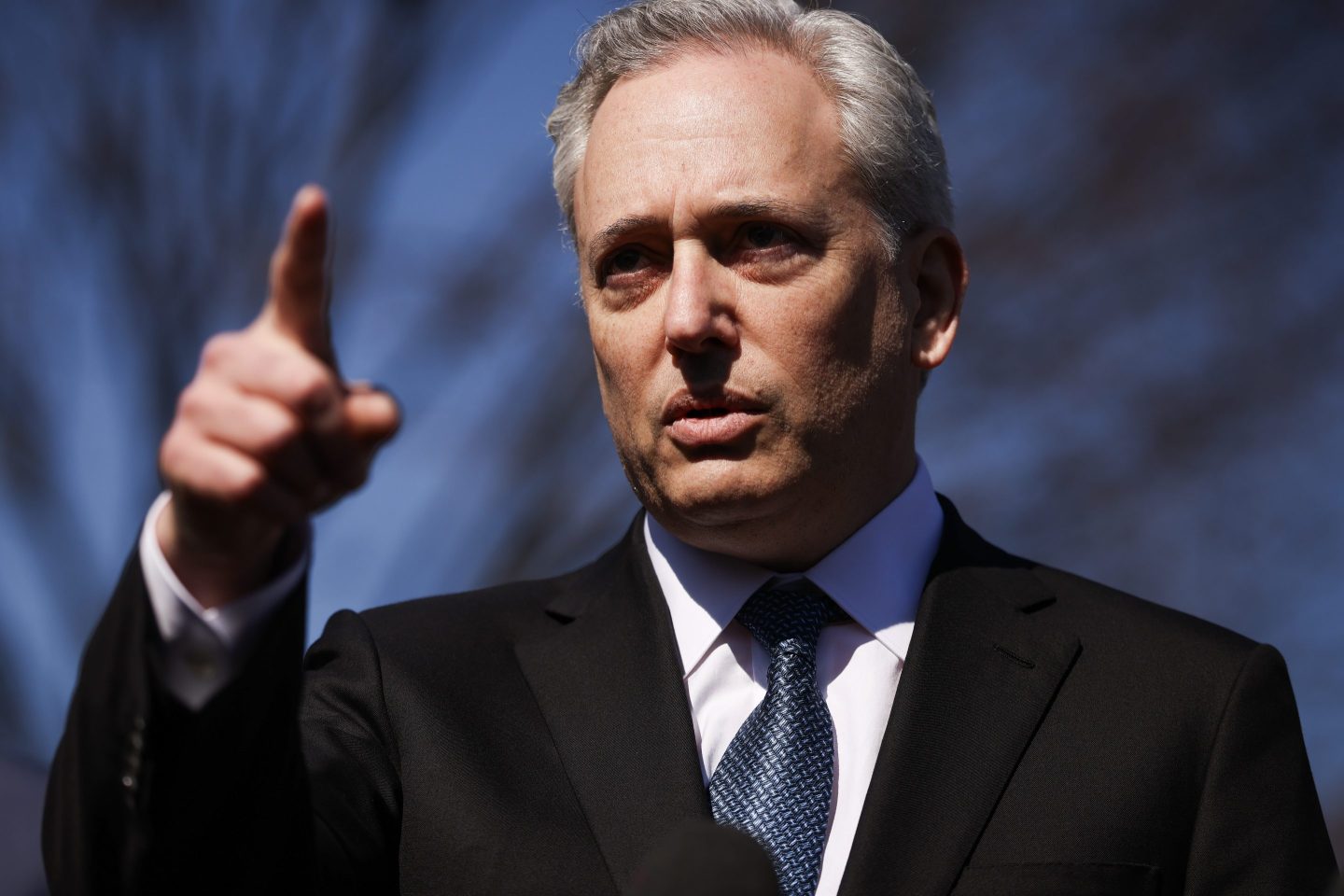Uber (UBER) and Lyft (LYFT) will help people with disabilities get around Boston.
The Massachusetts Bay Transportation Authority has partnered up with the two ridesharing services to provide disabled customers with affordable on-demand rides. Through this year-long pilot program customers can request a ride using the two companies’ mobile apps. For those who don’t have smartphones, Lyft is also providing a phone-based reservation system.
“The reliability of our transportation system depends on the MBTA’s ability to improve its core infrastructure and provide efficient, innovative transit options that meet the needs of the system’s one million daily riders,” Governor Charlie Baker said in a press release. “This initiative represents the MBTA’s efforts to increase accessibility in a more cost-effective and efficient way that also delivers more convenient service for its paratransit customers.”
The hope is that this new program will be less expensive than MBTA’s Ride, a door-to-door van service for disabled people. Ride costs customers between $3.15 and $5.25 per trip, and it has cost the MBTA over $100 million in the last fiscal year. The initial cost of these accessible Uber and Lyft rides will be $2 for the customer, and the MBTA will then subsidize up to $13; if the total cost of the trip goes over that amount, it will be billed back to the customer.
James White, chairman of the Access Advisory Committee to the MBTA, expressed concern about the new program’s ability to accommodate customers in wheelchairs, such as himself. According to the Boston Globe, few Uber and Lyft cars are wheelchair-accessible and drivers need more training to know how to help customers with wheelchairs. Still, White added that this could be an improvement on the current Ride service, which operates on a fixed route and has to be booked at least a day in advance.











